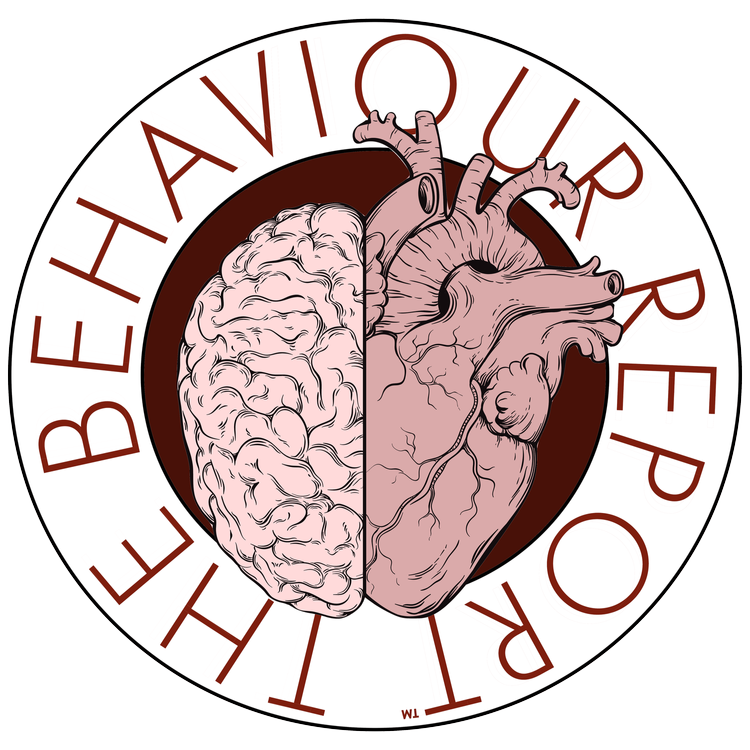Dan Gregory @DanGregoryCo.
OK, upfront confession, I’m not a particularly emotional person. In fact, when tested for traits such as empathy, I tend to produce the kinds of results that should put me on a watch list next to “Dexter.”
However, not being especially emotional or emotive by nature, doesn’t necessarily mean that I lack emotional intelligence. In fact, in many ways, it offers an opportunity to better understand emotions, how they manifest and how to manage them, than a perspective and perception that is more ruled by “feelings.” This is simply because, it can be a little easier to observe them objectively.
In fact, a tendency to “intellectualise” emotions rather than “feeling” them has allowed me to spend my life learning how to be people smart and to help others do the same in the process.
Part of intellectualising emotions is an ability to perceive them as feedback rather than fact. But this skill is not unique to me, nor does that limit its application by others. In fact, high performers and athletes regularly do the same and the more we train ourselves to filter feelings as feedback, not fact, the more power we can exercise in our responses.
Much of this thinking has been explored by Cognitive Behavioural Therapy drawing on the work of Albert Ellis and Aaron Beck, however its application stretches well beyond the clinical and in fact, this post should be considered as performance and mindset enhancement and not as therapy for those whose mental health is considered at risk (I’ll leave that kind of advice to others).
So how might we apply this approach to our own emotions and what kind of questions increase a sense of control rather than one of challenge?
1. Is what I’m feeling contextual rather than true?
In other words, rather than seeing a problem as a “universal” feature of yourself, your organisation or your team, ask whether it is actually an issue that is limited to a particular context, environment or time frame?
If you find yourself thinking, “Oh this always happens,” or “I always do this,” it might be worth challenging that assumption to see if it is in fact true, or simply just how you’re feeling in the moment.
Additionally, question whether your response isolated to one incident or one part of your life rather than being symptomatic of some kind of character failing?
The more you train yourself to question emotional feedback, the more you learn to understand its accuracy and efficacy.
2. Am I exaggerating the scale of the problem?
Those who work in the behavioural sciences like to call this, “catastrophising,” a name which, in many ways, is an example of what it explains. It essentially means the we are exaggerating the implications of an event or taking the specific and giving it universal significance.
Examples of this are, “This ruins everything!” or “Now I’ll never be able to XYZ!”
Rather than reducing a challenge or making a problem bite sized, it transforms the issue at hand into an all or nothing event. Which lead to question three:
3. Am I evaluating life in a binary way?
This can be understood as good/bad thinking or on/off processing. Which is great if you’re writing computer code, however your human processor is rather more nuanced and capable of far more complicated distinctions.
We’re frequently told that compromise is a sign of weakness and that we should fight (usually metaphorically) until our opponent is laid out on the canvas, however, this kind of thinking can be particularly destructive and often doesn’t lead to a successful outcome.
To overcome this, expand your vocabulary and describe outcomes with greater accuracy and in more detail. Also, be conscious of what a win actually looks like. I’m always amazed when working with leaders who do not have a clear vision of what a win looks like let alone what an acceptable compromise or accomodation might be. This makes success rather more difficult.
4. Have I surpassed similar challenges in the past? Or have others who are like me?
One of the things our brains tend to do quite effectively is to source support, research and case studies to justify our intuitive responses. The moment you screw up, that little voice in the back of your head will often just straight to, “Wow, this is just like that thing you did back in high school.”
So, try to arm it with better, or at least more expansive and current, evidence. Treat your emotions like a witness on trial. Ask them hard questions but also present evidence that might catch them out in a lie.
Of course, none of this is to say that your emotions are irrelevant or some form of weakness. Rather, it’s about being conscious that our emotions rule our rational brains, but they do so only to the extent that we can regulate them.
In the same way you might filter feedback from those you trust versus those who mean you harm, you can likewise train yourself to treat your emotional feedback as input rather than as “the truth.’
